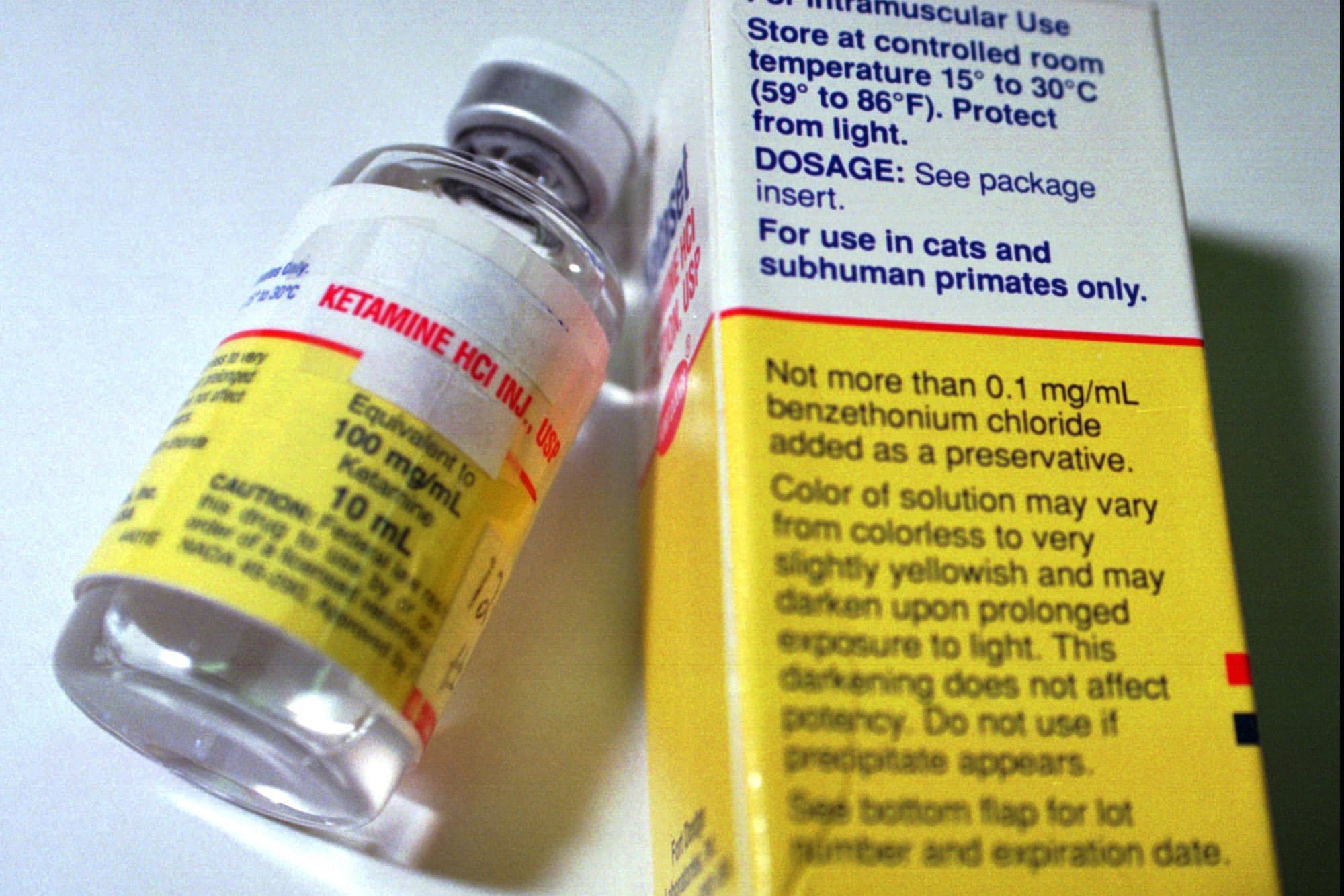Ketamine
-- { K, Ket, Special K, Kit-Kat } --
Ketamine is a hallucinogenic dissociative and anaesthetic that is used in both humans and animals for medical purposes. In low doses, users report a similar feeling to being drunk. Higher doses cause a much more dissociative or psychedelic effect.
What is Ketamine?
Ketamine is a powerful substance primarily known for its role as a dissociative anesthetic in medical settings, where it's used to induce a trance-like state while providing pain relief, sedation, and memory loss. Beyond its medicinal use, ketamine has been employed for recreational purposes due to its hallucinogenic and euphoric effects. Furthermore, in recent years, research has begun to highlight the drug's potential in the treatment of severe depression and other mental health disorders. Despite these promising medical applications, ketamine use carries significant risks and is subject to strict regulation due to its potential for misuse and addiction.



How it Works
Ketamine functions primarily by blocking the N-Methyl-D-aspartate (NMDA) receptor, which is a type of receptor for the neurotransmitter glutamate in the brain. This disruption inhibits the transmission of electrical signals between neurons in various parts of the brain, resulting in the drug's anesthetic and dissociative effects. This mechanism distinguishes ketamine from other depressants like opioids and benzodiazepines, which interact with different neurotransmitter systems. Interestingly, ketamine's action on the NMDA receptor is also thought to underpin its potential antidepressant effects.
History
Ketamine was first synthesized in the early 1960s by Calvin Stevens, a chemist at Parke Davis, as a safer alternative to the then widely used anesthetic, phencyclidine (PCP). It was introduced into clinical practice in the late 60s and used extensively during the Vietnam War due to its excellent safety profile and ease of use. By the late 20th century, ketamine began to be adopted by recreational users drawn to its psychedelic and dissociative effects. In recent years, interest in ketamine has grown within the medical community due to its potential as a rapid-acting treatment for depression and other mood disorders.